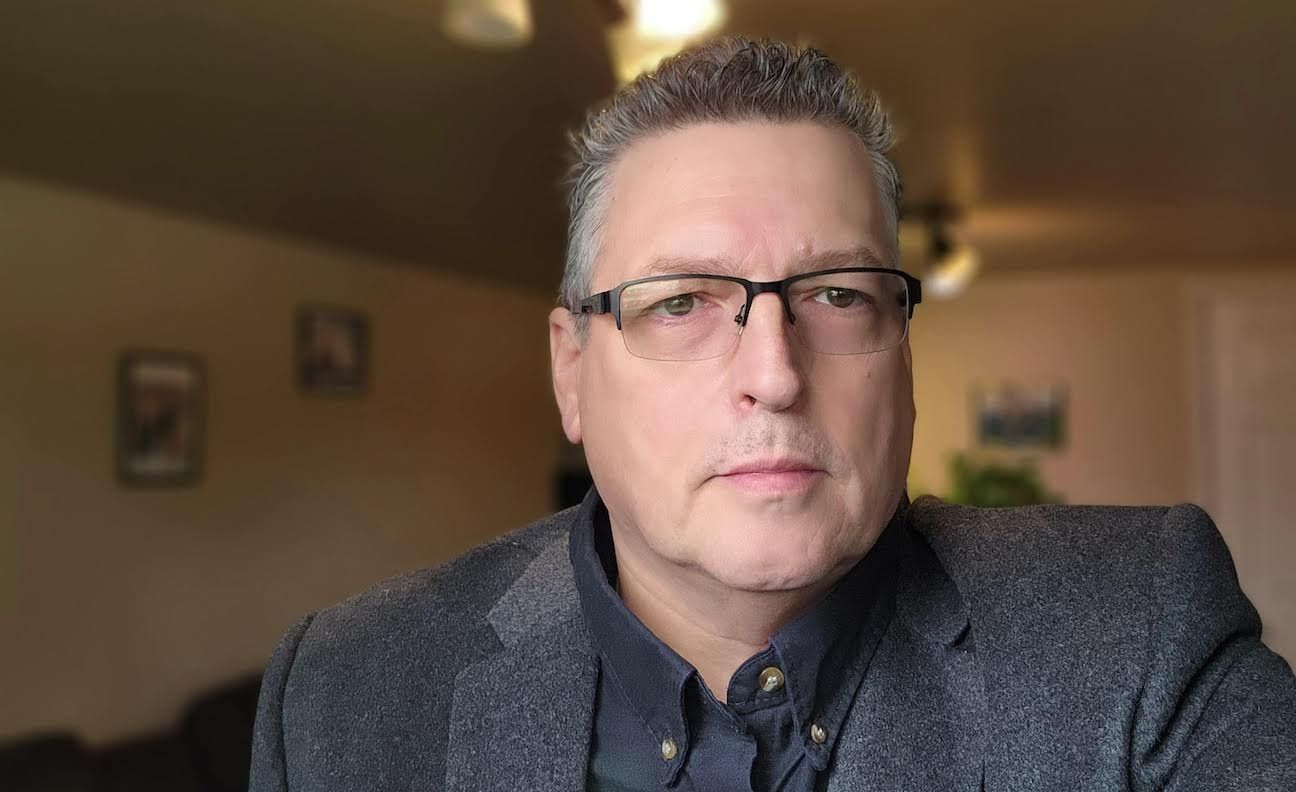“if medication is recommended to someone, it’s important to keep in mind that it is perfectly acceptable to take your time, do some research, or seek a second opinion,” tarantella says. “the decision to start medication is a personal one. discussing all of the options with a mental health professional can provide someone newly diagnosed with insights into the risks and benefits of different medications.”
that’s when working with a team of specialists can pay off.
staying connected to a support system for depression
connecting with others experiencing depression and organizations that have resources for depression is a great way to ensure that you still have a support system to turn to, even if you have to wait to see the right mental health professionals. it may not seem like much, but going through depression alone can exacerbate symptoms.
dr. james c. jackson, psyd, a professor of medicine at vanderbilt university medical center in nashville, tennessee,
told everyday health, “the more people get depressed, the more they isolate, a fact that heightens feelings of loneliness, which, in turn, worsens depression. it is often a vicious cycle.”
instead of perpetuating the cycle, it’s vital to fight the urge to self-isolate when dealing with a new diagnosis of depression. professional groups and community organizations that deal with depression are a great place to start when looking to connect with others who are experiencing depression, but, as tarantella says, “it may be beneficial to consider, when supportive and safe, to seek support from friends and family.”
 9 minute read
9 minute read








